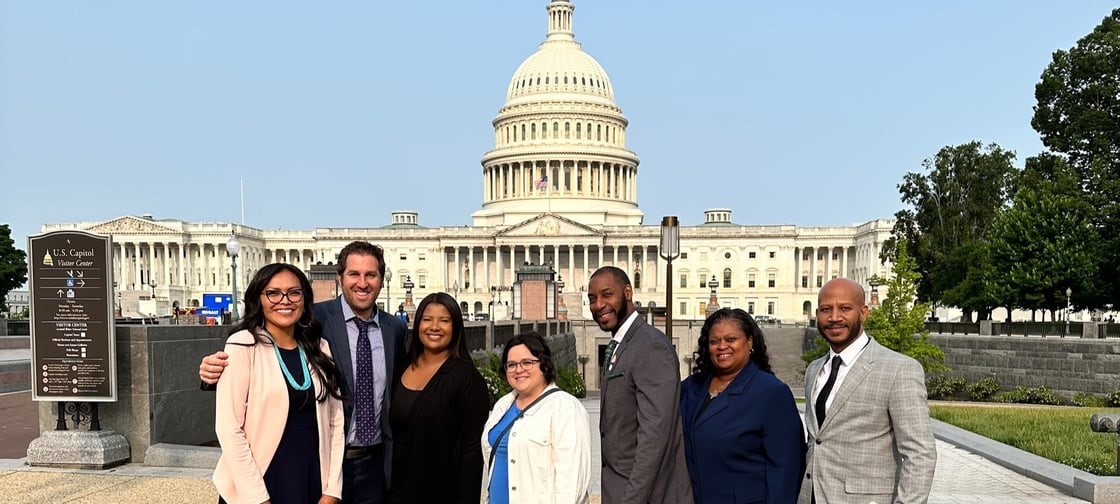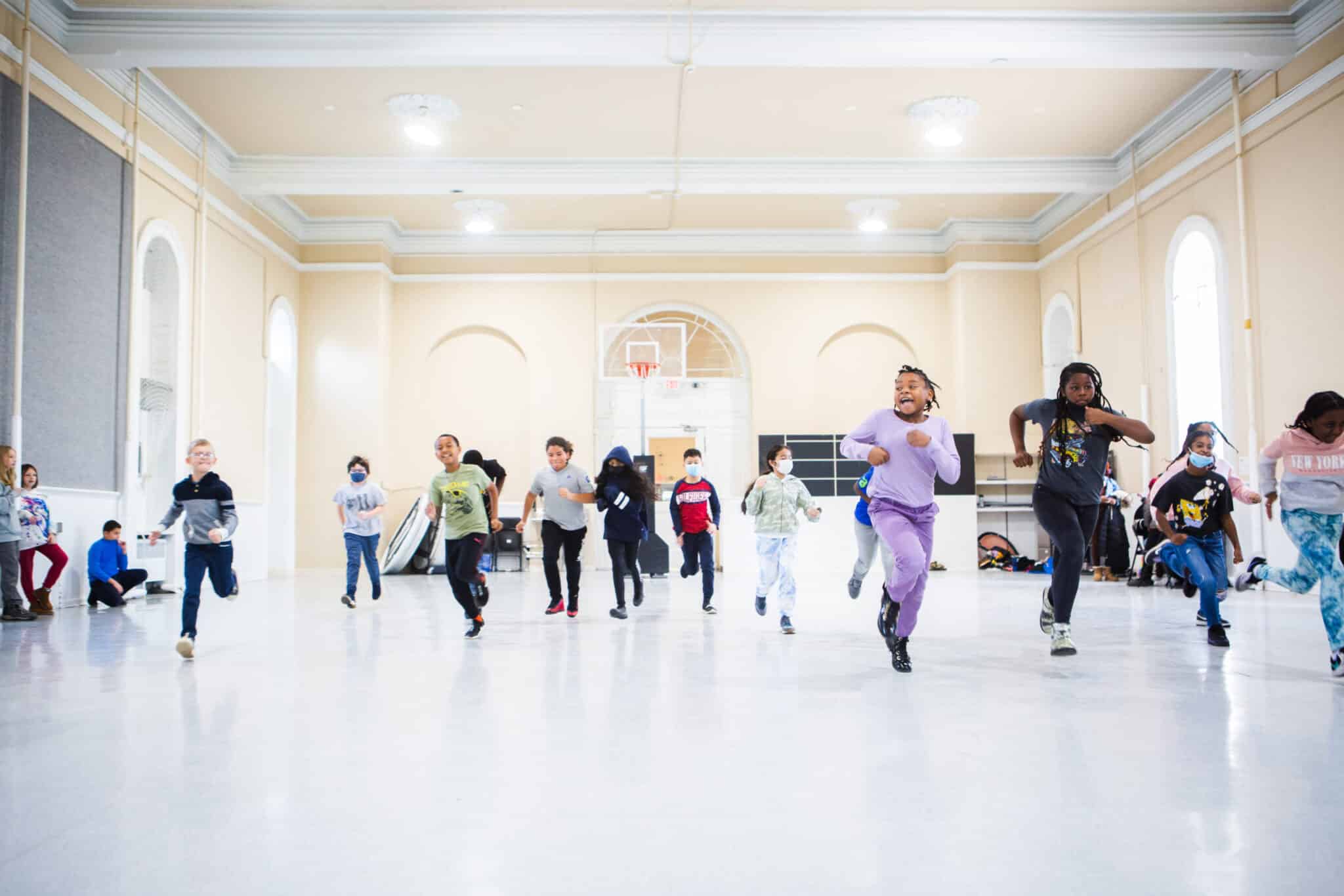Washington, D.C. Tomorrow marks 10 years since Hurricane Katrina struck the city of New Orleans. We recall with heavy hearts the devastating impact of the storm and its aftermath. Yet we also celebrate the remarkable courage and tenacity of the people of New Orleans, who worked tirelessly over the past decade to rebuild their neighborhoods, their businesses, and their schools.
The charter school movement is proud to be associated with the rebirth of New Orleans. As the floodwaters receded, new hope surged into the city. State, local, and community leaders joined hands with educators and parents to boldly reform the citys schools. Today, more than 90 percent of students in New Orleans attend public charter schools.
Teachers and principals in charter schools have led the city to new heights of academic achievement. Performance gaps with the rest of the state have narrowed dramatically. Passing rates among low-income and African-American students in New Orleans have more than doubled since 2003. And high school graduation rates have increased nearly 20 percentage points. At the same time, the unique charter school environment in New Orleans has advanced educational equity, giving every student, from every neighborhood, the opportunity to attend a great school.
Thanks to the boldness and vision of the leaders and citizens of New Orleans, todays students have brighter futures and more opportunity than students in previous generations. After a terrible tragedy, New Orleans has emerged as an inspiration and a model for the nation.
For more information about the impact of public charter schools on the educational renaissance in New Orleans, please see the following resources:
The Hidden Connection in City-wide Reform: How Charter Schools Can Bring Equity to Public Education
The National Alliances Aftermath Series, which examines progress in New Orleans schools since Hurricane Katrina.
Former Sen. Mary Landrieu: Charters Increased Equity In New Orleans Schools
About Public Charter Schools
Public charter schools are independent, public, and tuition-free schools that are given the freedom to be more innovative while being held accountable for advancing student achievement. Since 2010, manyresearch studieshavefound that students in charter schools do better in school than their traditional school peers. For example, one study by the Center for Research on Education Outcomes at Stanford University found that charter schools do a better job teaching low income students, minority students, and students who are still learning English than traditional schools. Separate studies by the Center on Reinventing Public Education and Mathematica Policy Research have found that charter school students are more likely to graduate from high school, go on to college, stay in college and have higher earnings in early adulthood.
About the National Alliance for Public Charter Schools
The National Alliance for Public Charter Schools is the leading national nonprofit organization committed to advancing the public charter school movement. Our mission is to lead public education to unprecedented levels of academic achievement by fostering a strong charter sector. For more information, please visit www.publiccharters.org.







